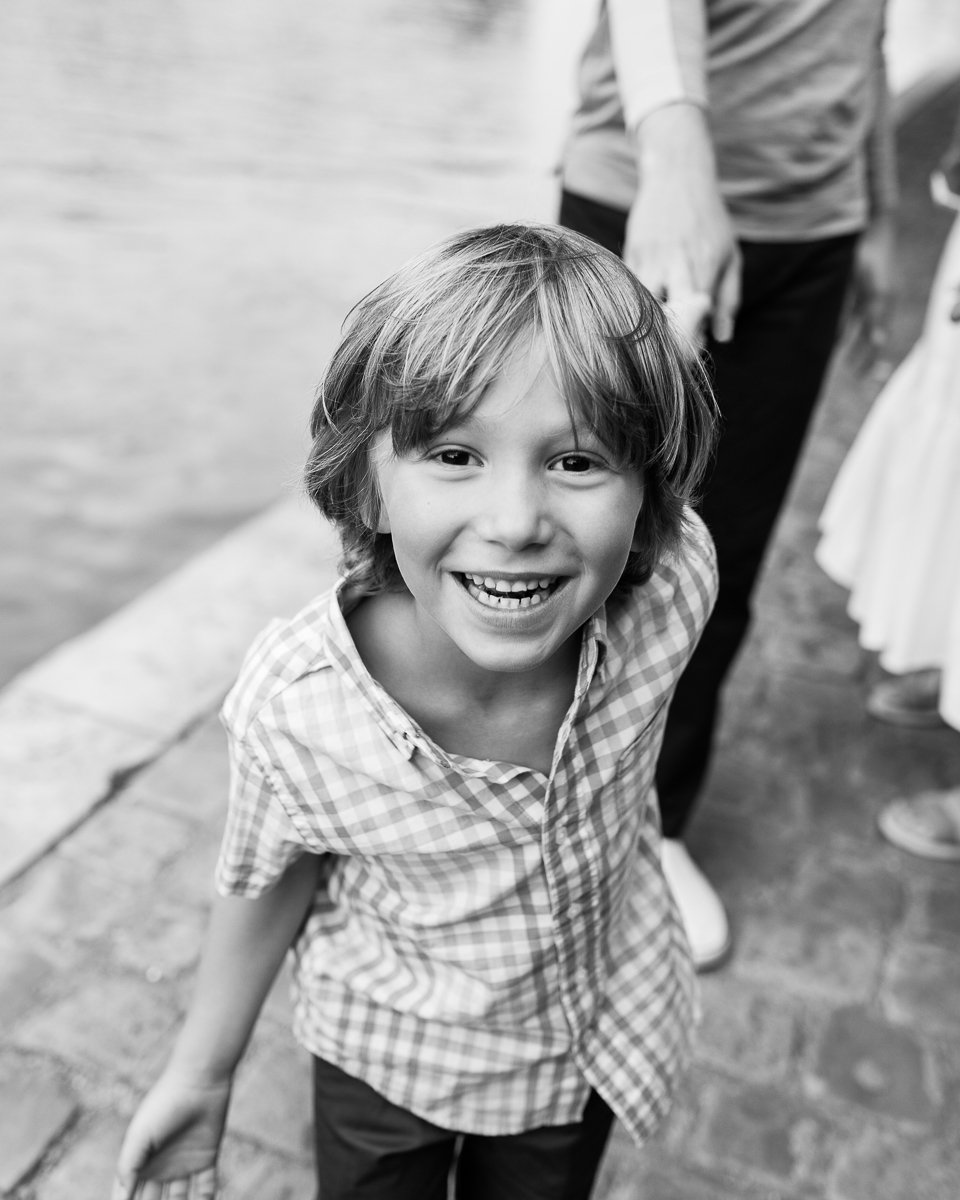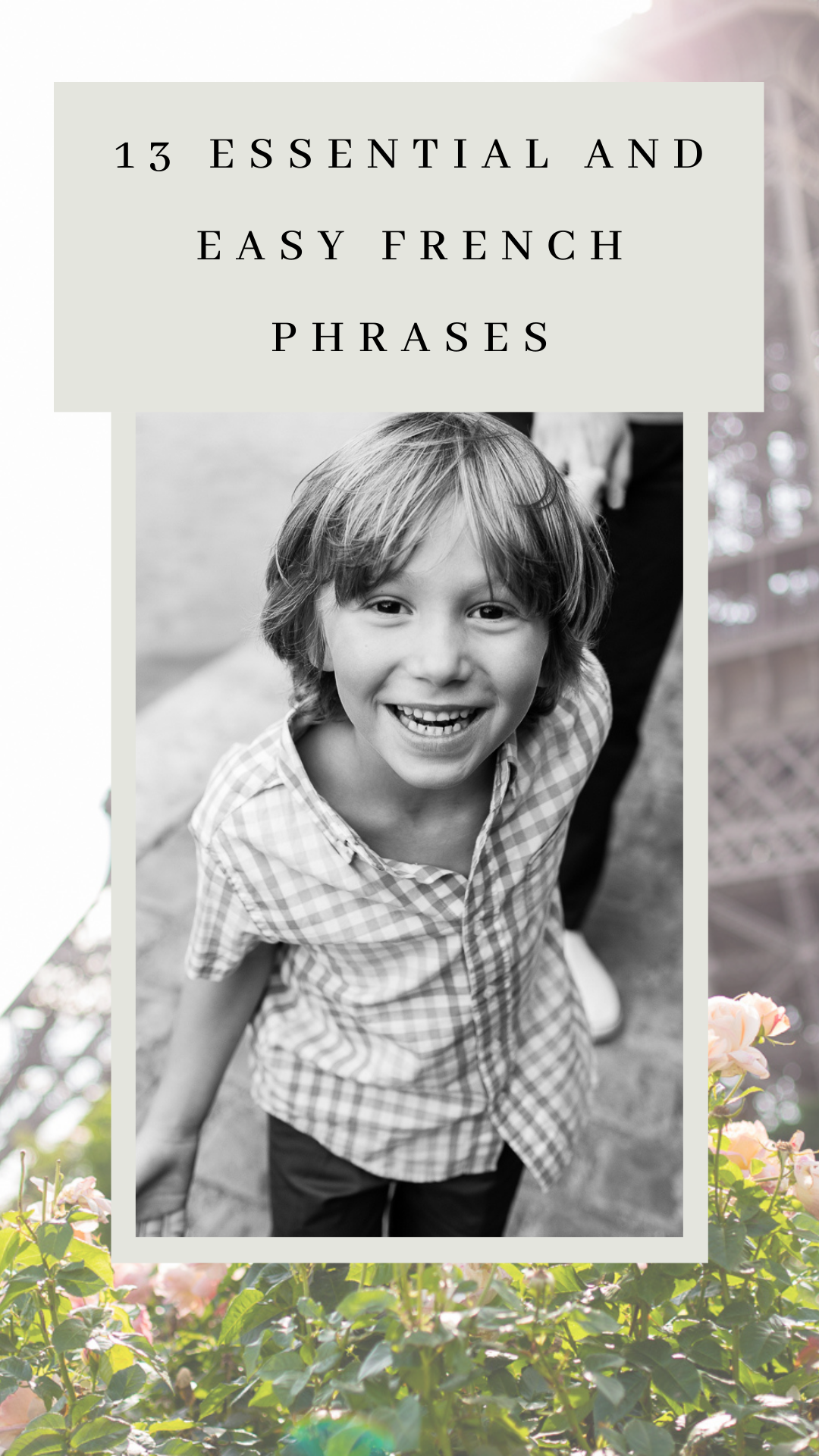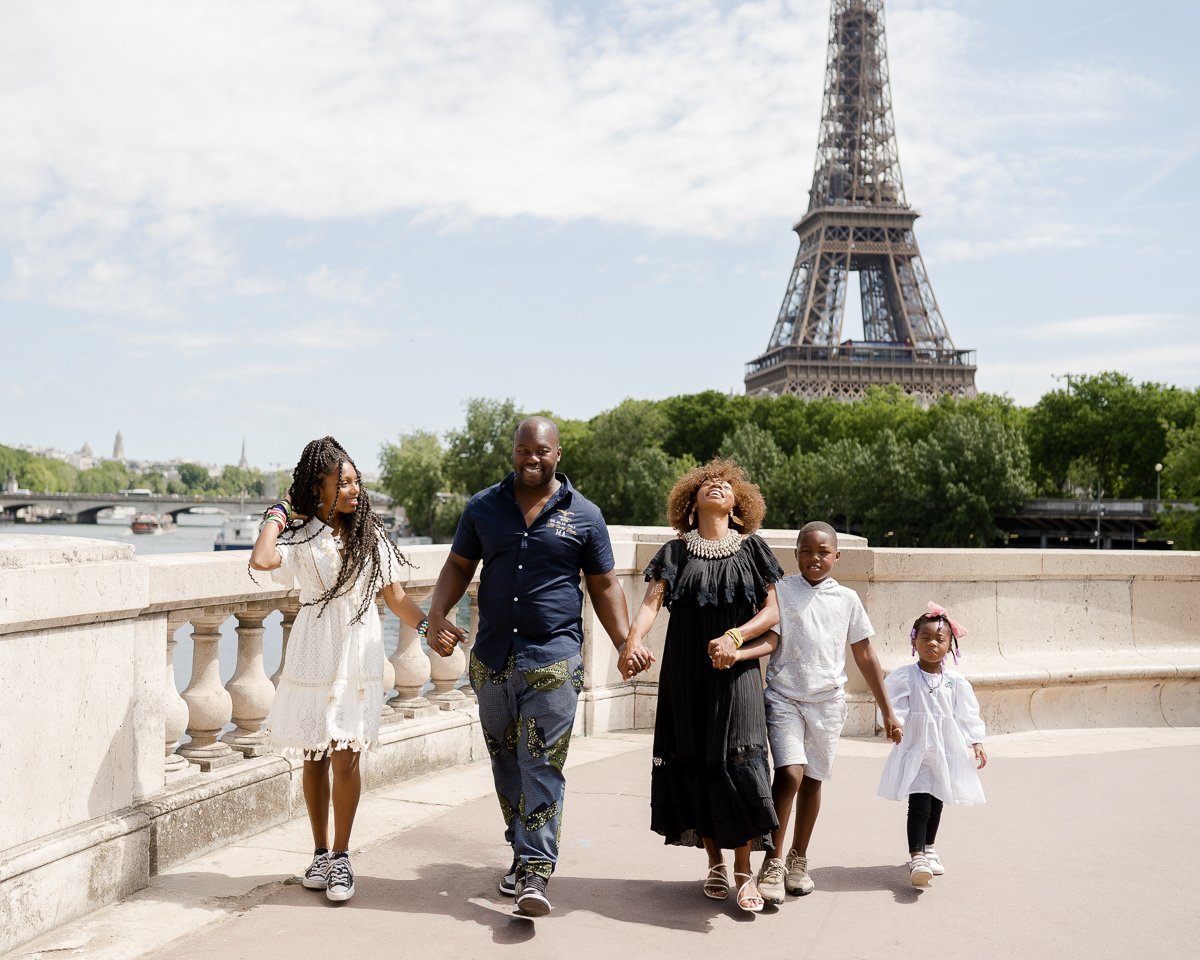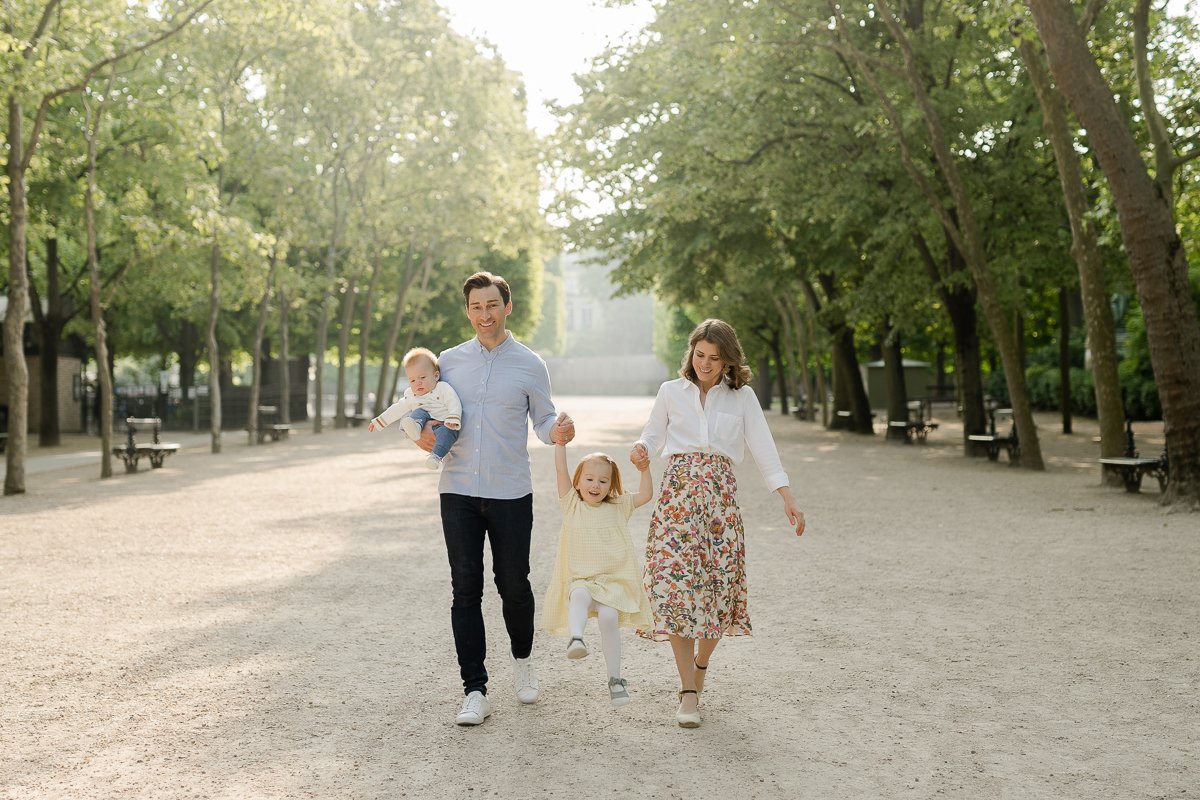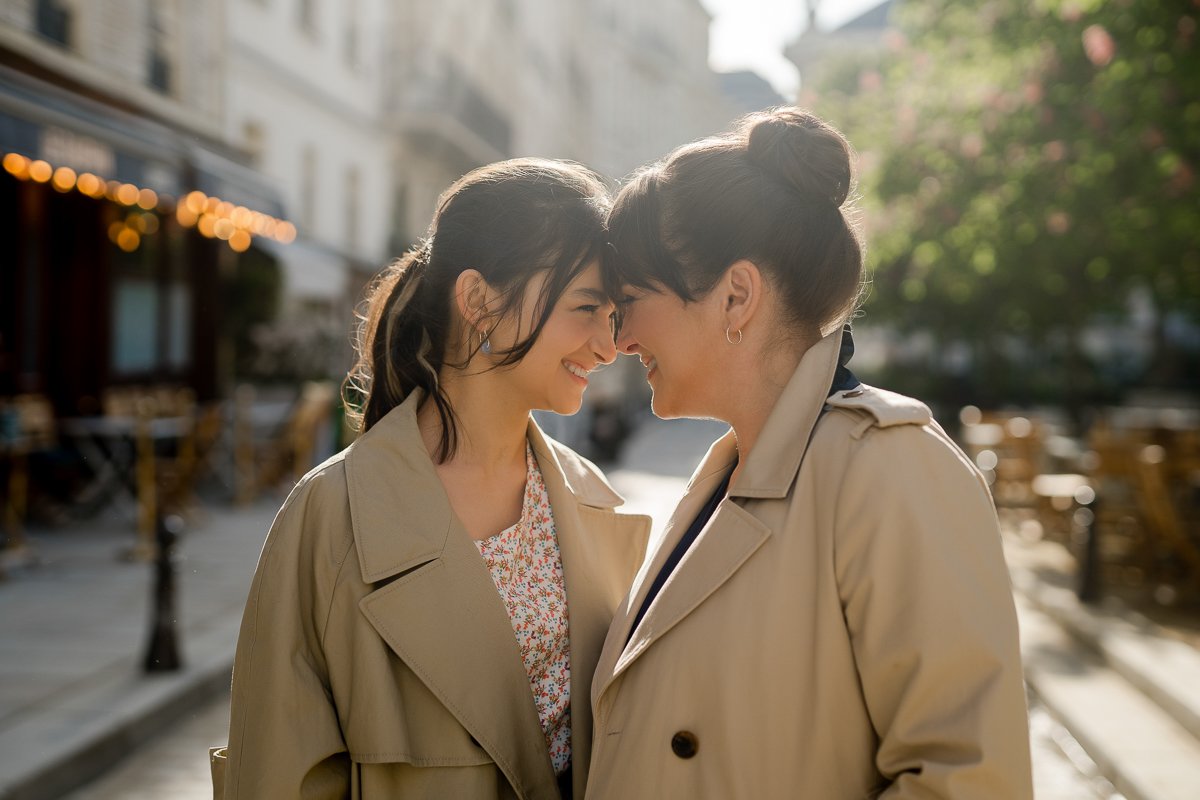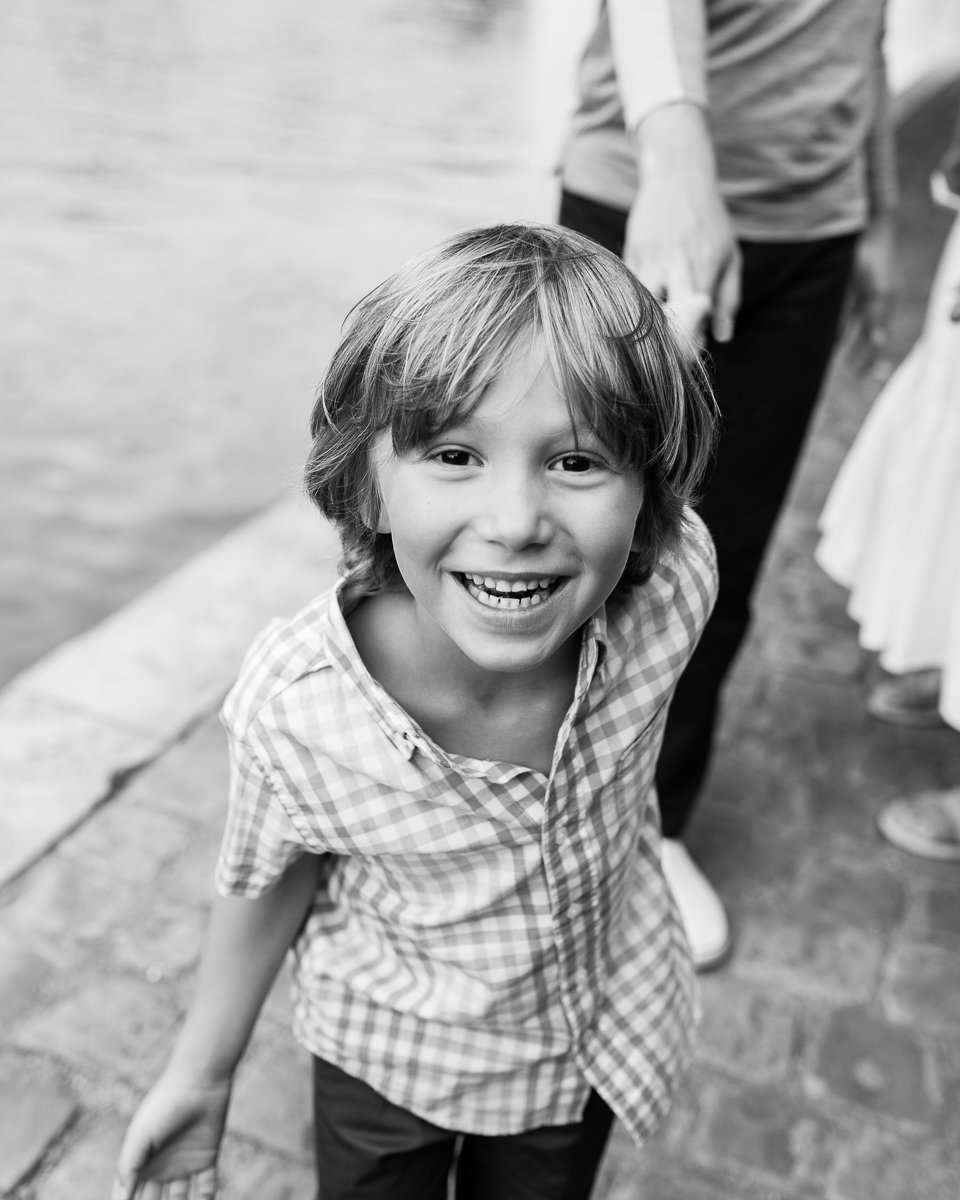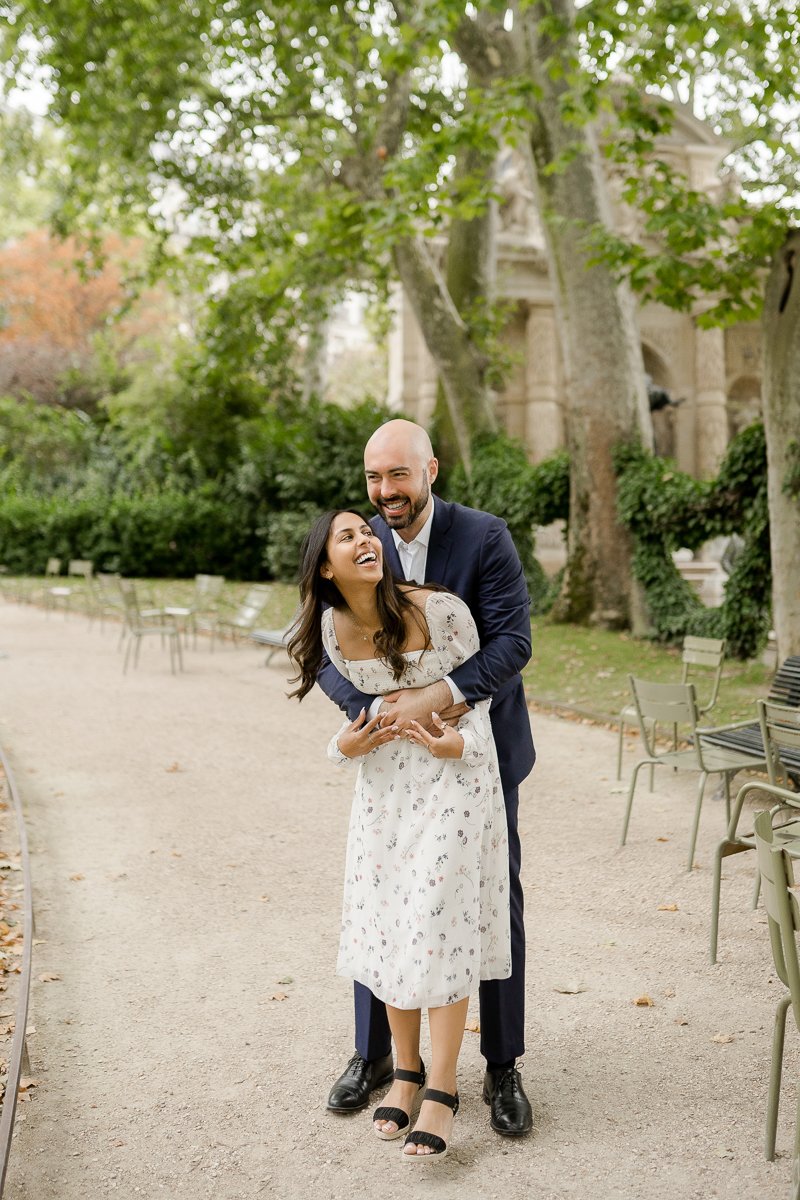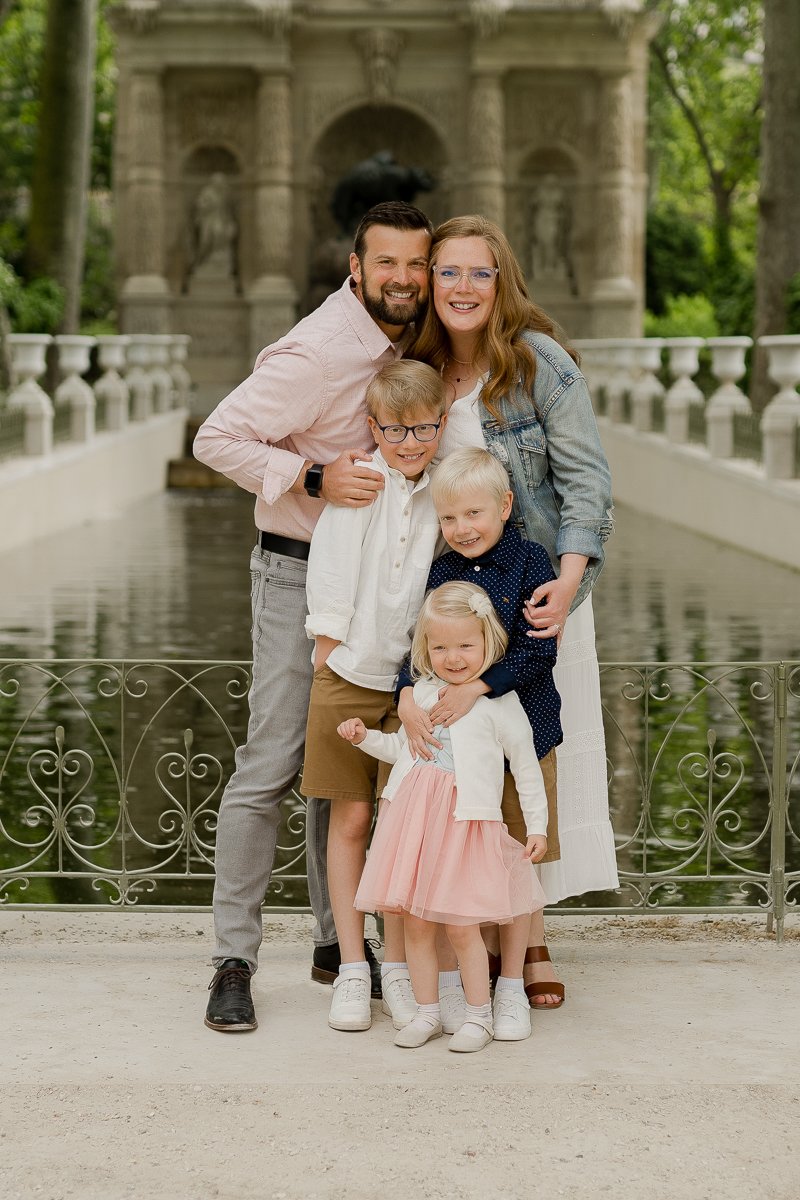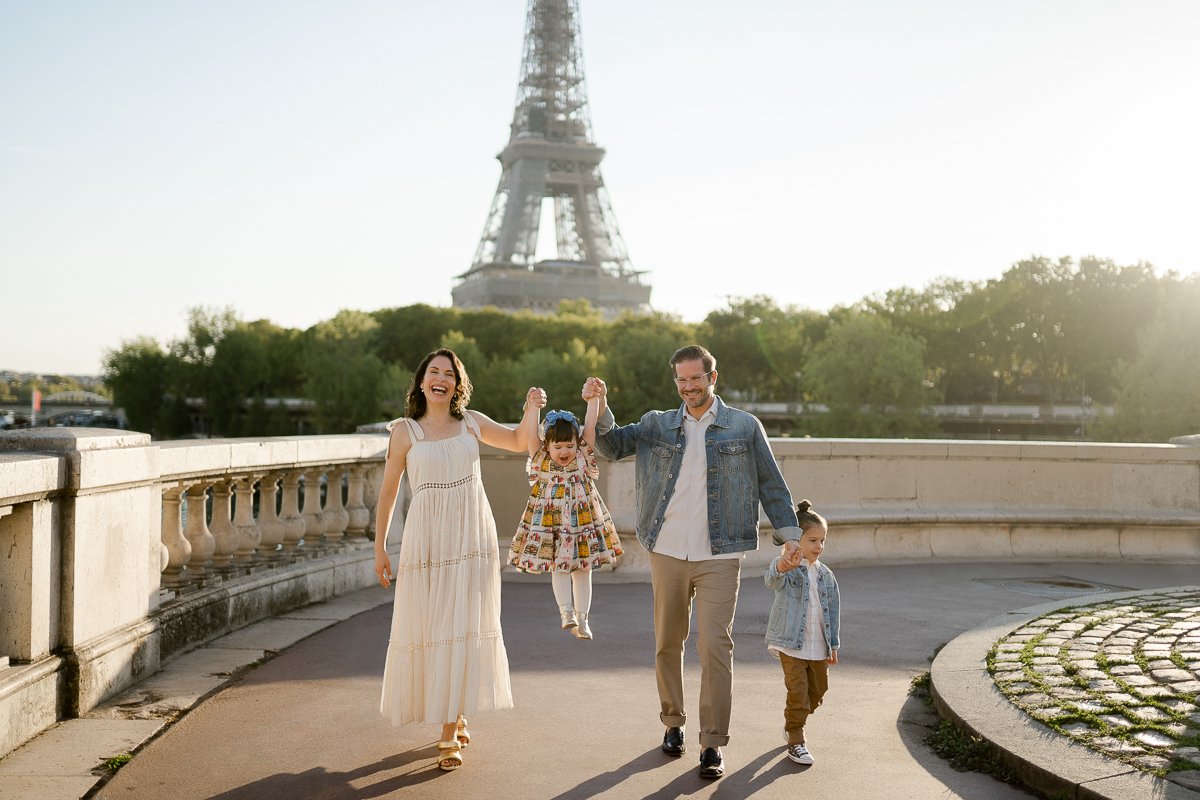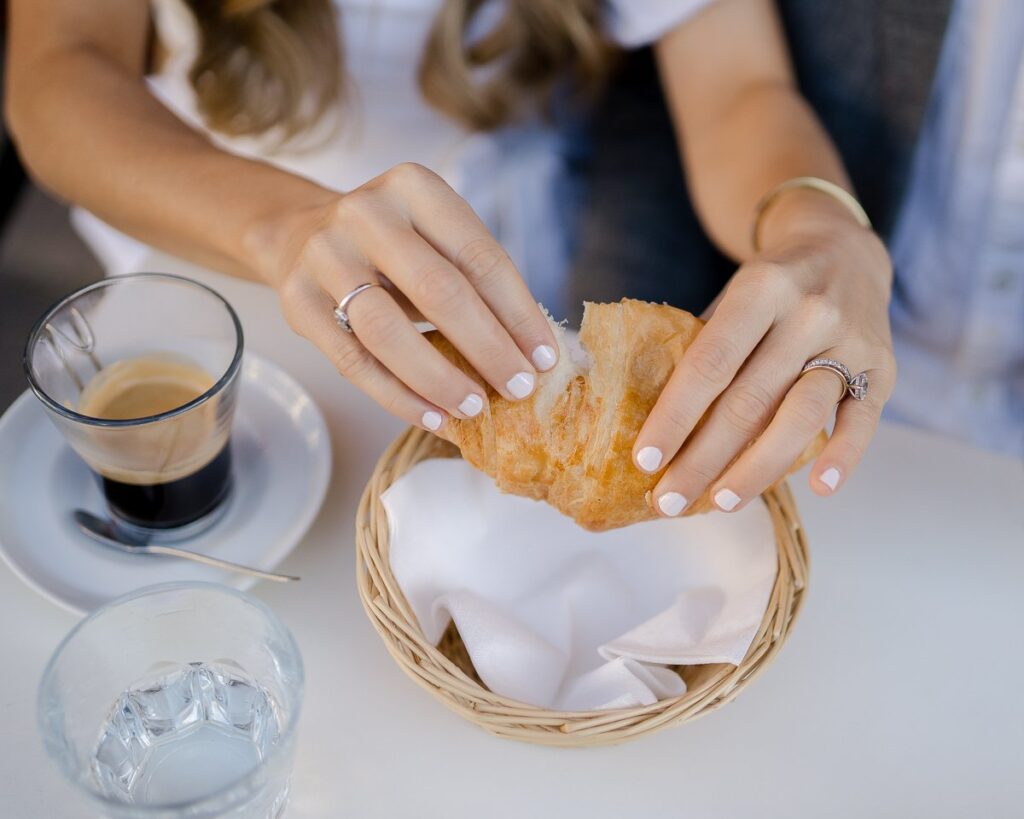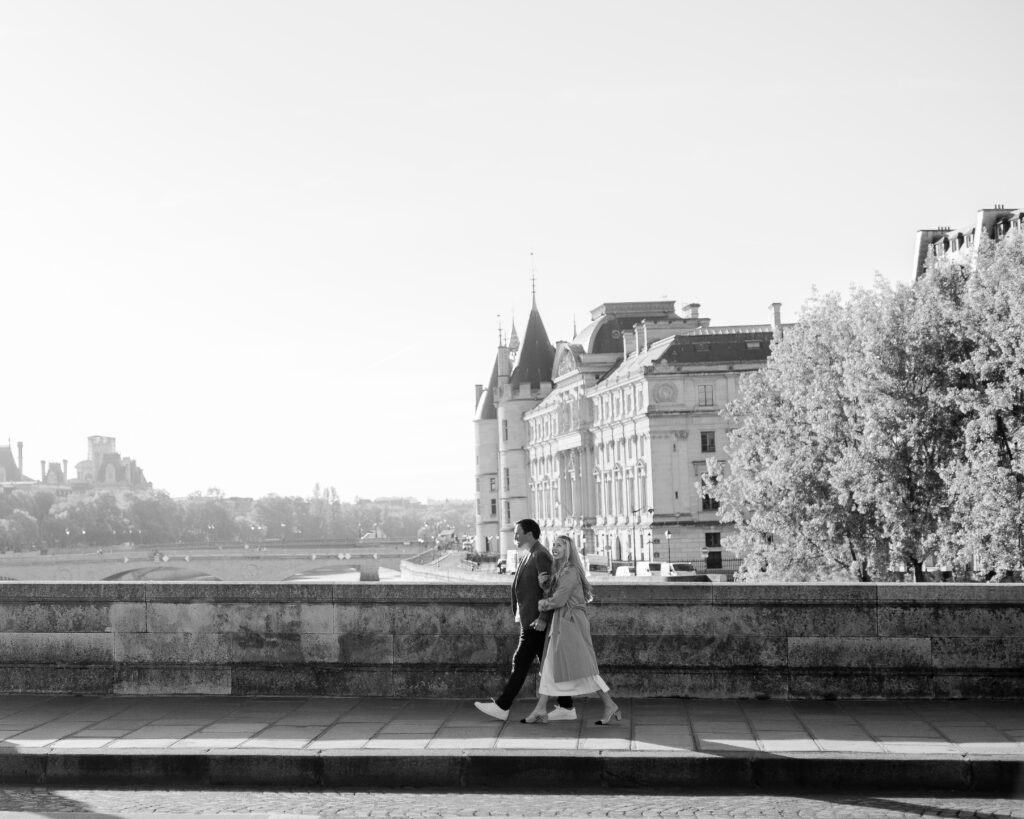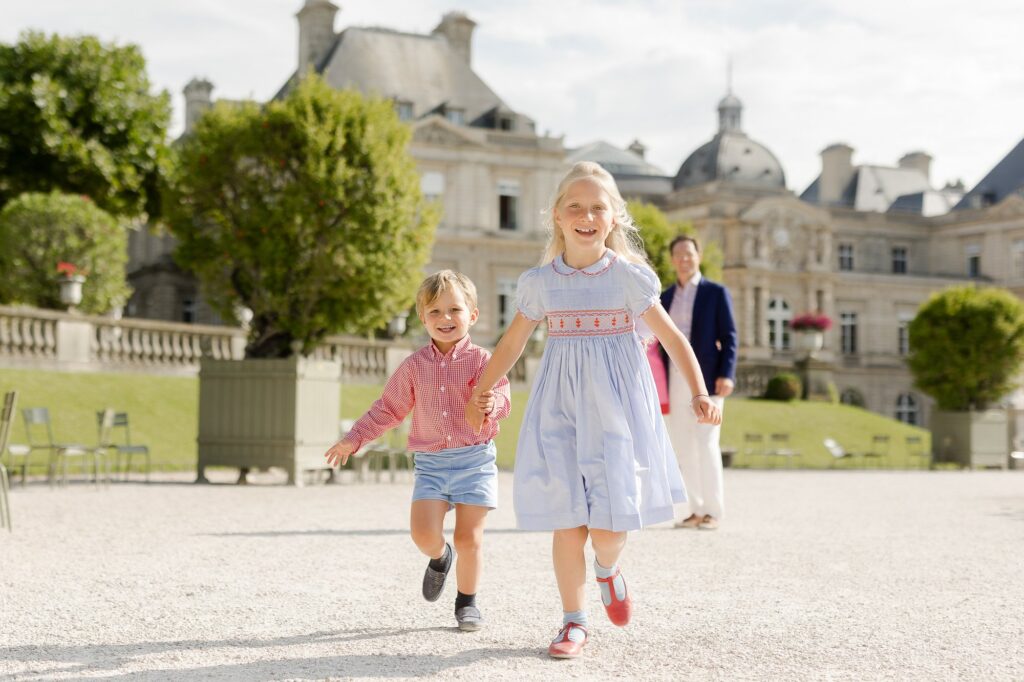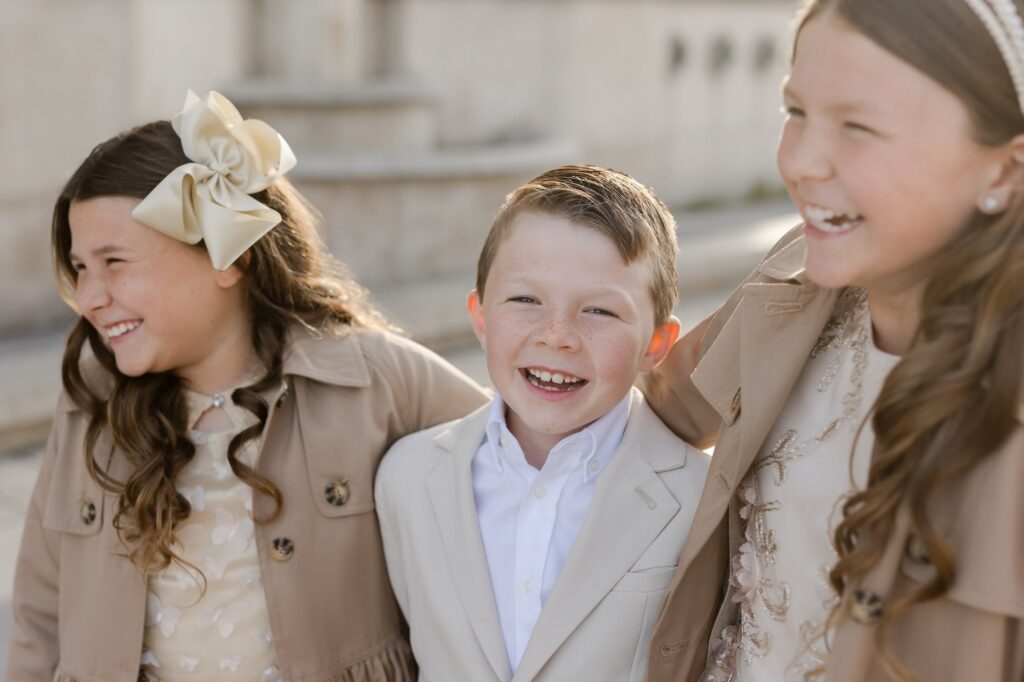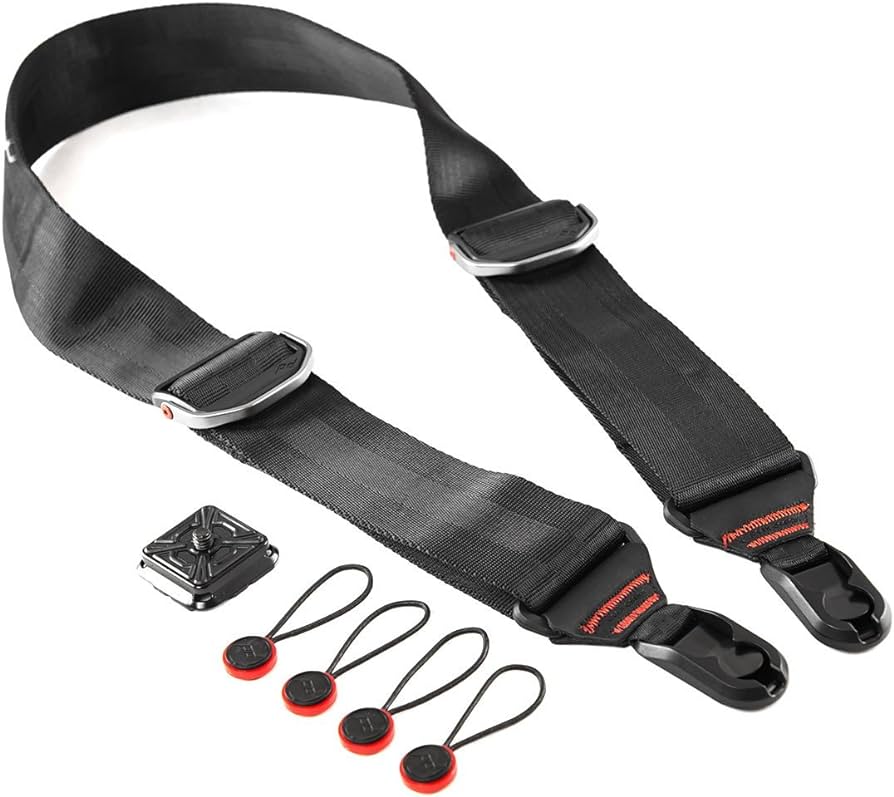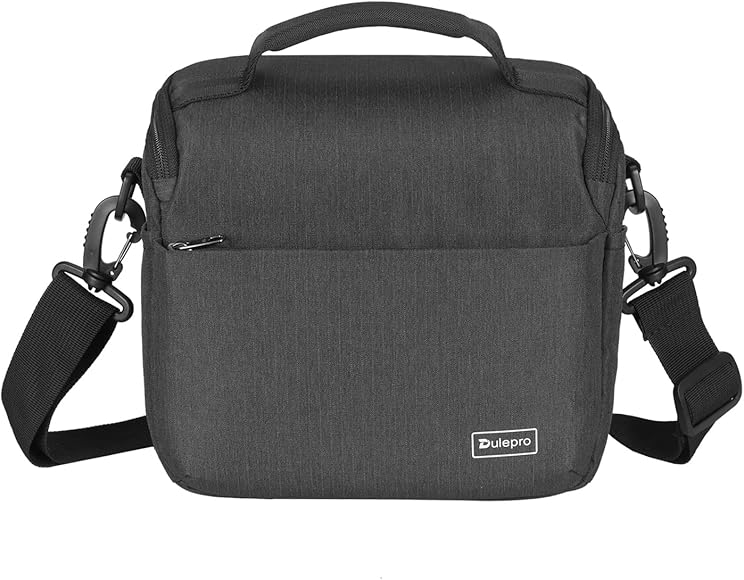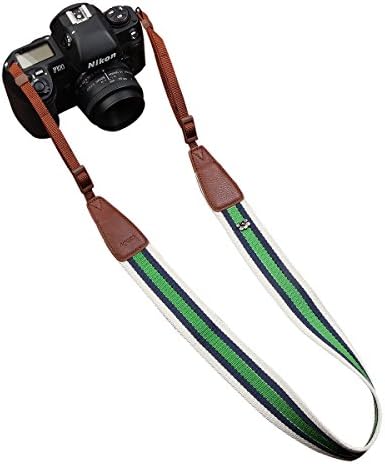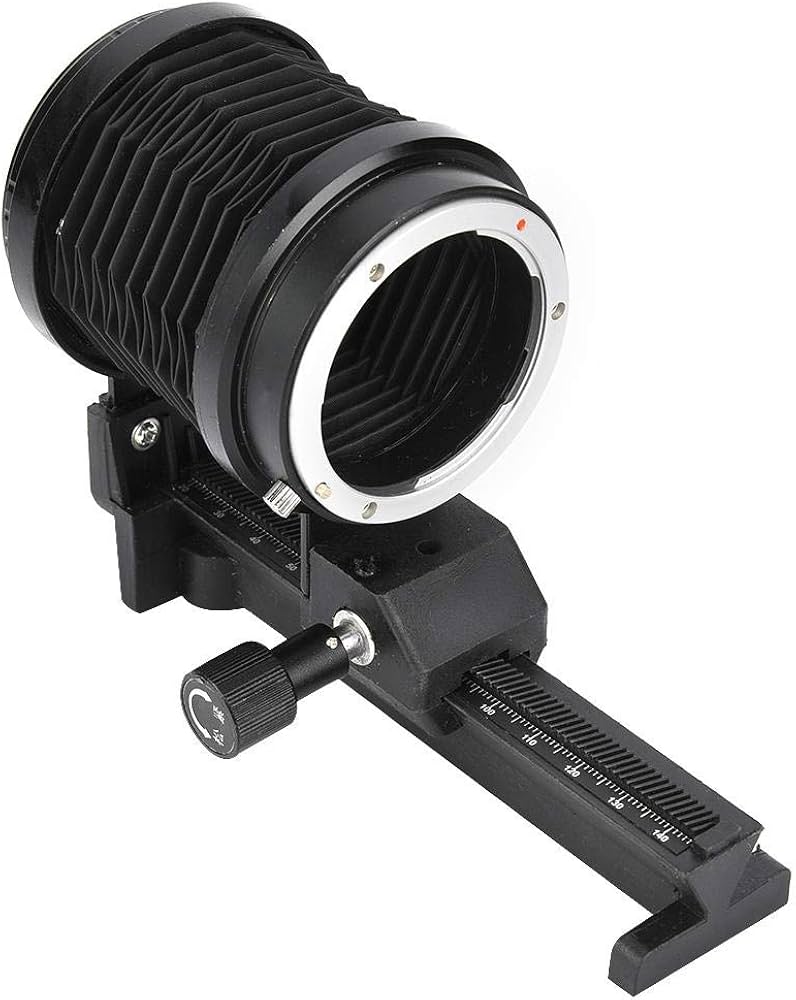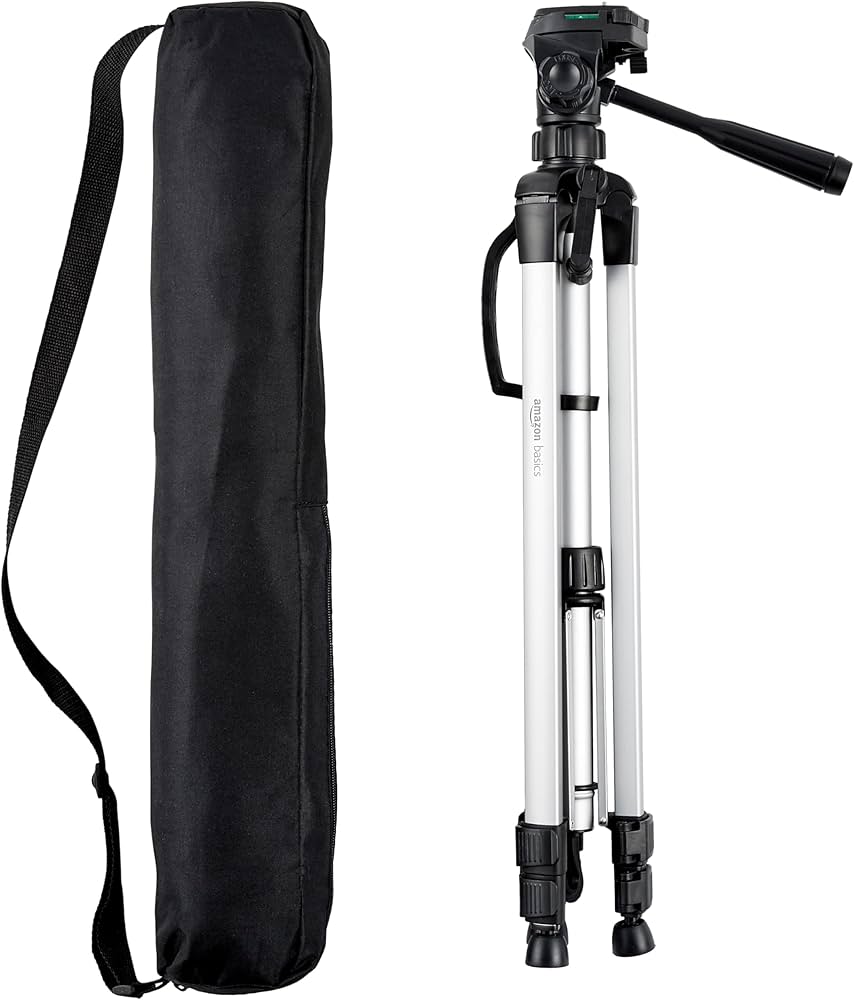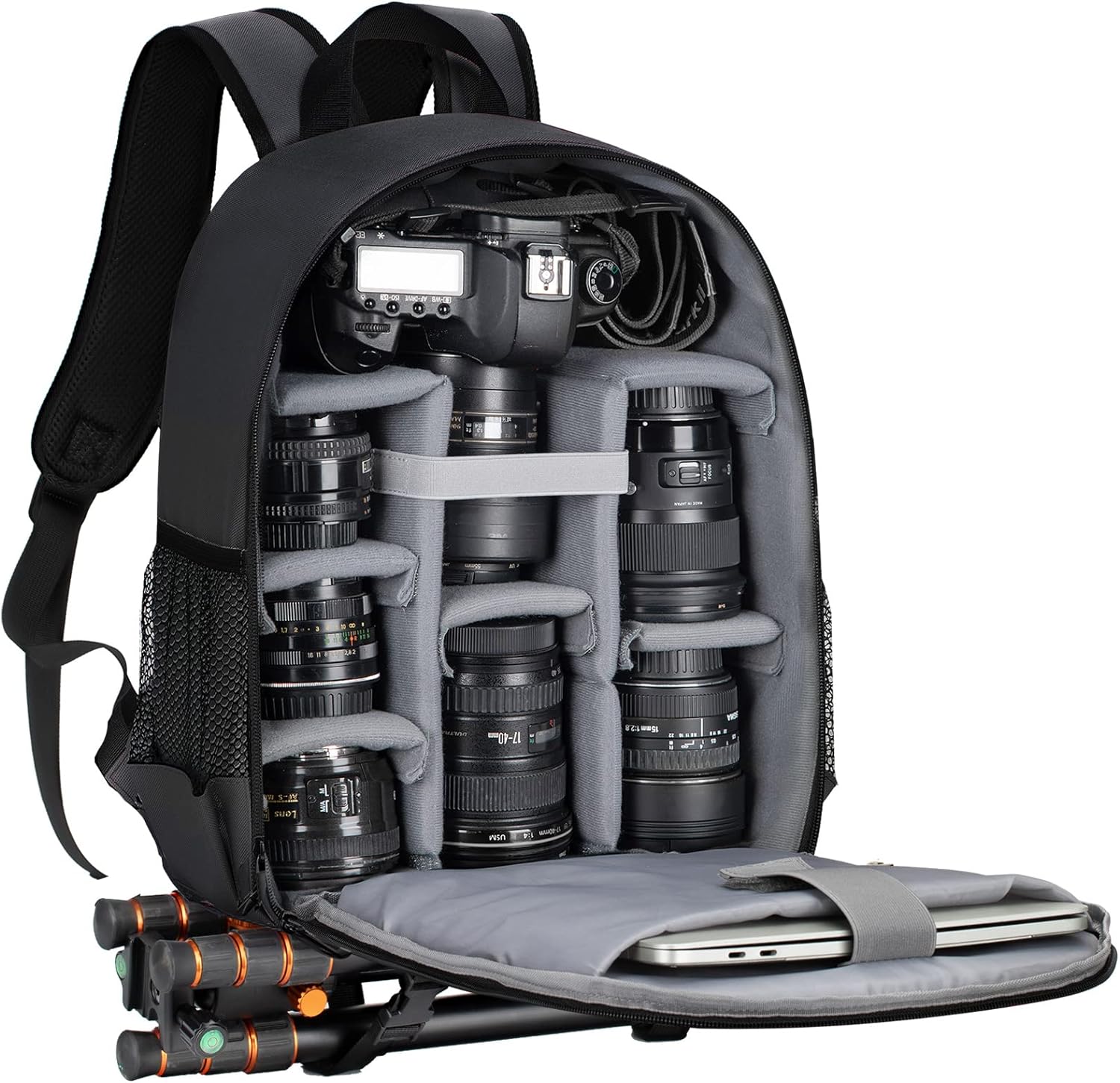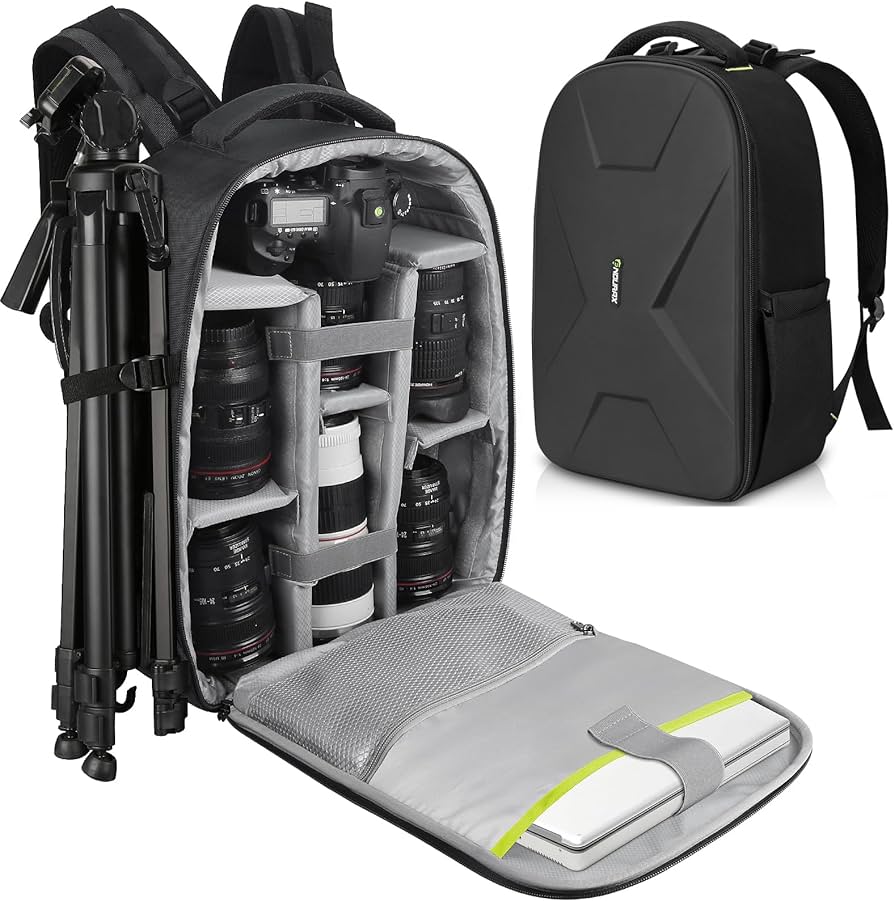You’re planning a Paris vacation? Congratulations!! We can’t wait to have you, you’re going to have the best time in the city of lights.
You don’t speak French? No problem, we’ve got your back.
If you’re traveling to Paris for the first time and having anxiety over the foreign language barrier, there’s no need to worry. The french capital is full of other brave travellers like yourself and non-French expats who have integrated into the culture. Beyond this, over 60% of the Parisian population can speak basic English! Just because you don’t need to worry about the language barrier doesn’t mean you shouldn’t pick up a few essential french phrases to use around the city.
The French are proud of their culture and language, as they should be, and even a few French words or basic french phrases thrown into an interaction is an effort that’s always appreciated and a great way to show your respect of their culture. Even introducing yourself with a “bonjour” instead of a “hello” will grant you a response from locals that’s much warmer and more willing to help. A little truly does go a long way.
So without further ado, here are 13 basic phrases and words in the french language that you should know for your next trip to Paris!
1.Bonjour/Bonne journée
‘Bonjour’ translates literally to “good day,” which sounds formal but it’s simply how a french person says ‘hello’ and also good morning. When saying ‘goodbye,’ “bonjour” is changed to “bonne journée.” The French say “bonjour/bonne journée” as the main greeting/goodbye up until around 4 or 5 in the afternoon. At this time they switch to “bonsoir/bonne soirée.”
Pro-tip: It’s polite and greatly appreciated to always say hello and goodbye when entering and leaving small shops, bakeries and even larger grocery stores (there’s normally a security guard or shop owner at the entrance to greet). It’s a good idea to get into the habit of always greeting people. Think of Beauty and the Beast and the “Bonjour” song, it’s literally that.
2. Bonsoir/ Bonne soirée
‘Bonsoir’ translates literally to “ good evening ” and is used as an everyday greeting in the same exact way as ‘bonjour’. The only difference is that it’s of course used in the evening. The general rule is before 4pm, the greeting is always “bonjour” and after 5pm the greeting is always “bonsoir.” Between 4 and 5pm both greetings are accepted as normal. Just like ‘bonjour’ is changed to ‘bonne journée’ to say goodbye, “bonsoir” is changed to “bonne soiree” to say goodbye in the evenings.
3. Au revoir
“Au revoir” means ‘goodbye’ or ‘see you next time’.
4. S’il vous plaît
“S’il vous plaît” translates literally to ‘if you please,’ however it’s used as the standard way to say ‘please’ in French. You can also use it to get a waiter’s attention.
5. Merci/ Merci beaucoup
“Merci” is the French word for ‘thank you.’ “Merci beaucoup” is French for ‘thank you very much.’ They can be used in exactly the same way as the phrases are used in English.
6. De rien // Je vous en prie
If you’re in the situation where someone is saying “merci” to you, you can respond with “de rien.” or “je vous en prie”. This first phrase translates literally to mean ‘it’s nothing,’ but the French tend to use it as a go-to way to say ‘you’re welcome.’ Je vous en prie is another way of saying “you’re welcome”.
7. Pardon
“Pardon” translates to ‘sorry,’ but it’s used more as a way to say ‘excuse me.’ If you bump into someone in the metro or need to squeeze past someone in the street, you can say “pardon” to politely get their attention or apologize.
8. Excusez moi
“Excusez moi” is used in the exact same way as “pardon.” It translates literally to ‘excuse me’ and can be used in all the ways the phrase is used in English.
9. Je vais prendre…. // Je voudrais // Je prendrai
“Je vais prendre” and Je prendrai translates literally to ‘I’m taking” which is the phrase used in French to order something. “Je vais prendre un cafe” is essentially the same thing as saying ‘I will have a coffee.’ It’s a great phrase to know for when you go to a restaurant, cafe or bakery. Simply say “je vais prendre [insert what you’ve chosen from the menu] s’il vous plaît” and you’ve just ordered like a true Parisian! You can also use the phrase “Je voudrais” in the same context. It’ means ” I would like”.
10. Entrées/Plats
You won’t likely be using these words everyday in conversation, but you’re bound to run into them on most menus. Unlike in the U.S., an “entrée” in France is not a main dish, it’s an appetizer. A main course in France is referred to as a “plat.” So when you’re browsing le menu at a restaurant in France, under the “entrées” section you are looking at appetizers and under the “plats” section you are looking at mains.
11. Petit/Moyen/Grand
“Petit” translates to the english word ‘small.’ “Moyen” translates to ‘medium.’ “Grand” translates to ‘large.’ These sizes are useful to know in cafes that may offer different sizes of their beverages.
12. Saignant/À Point/Bien Cuit
If you plan on ordering red meat while in France, it’s good to know how to ask for the right cook. To ask for a ‘rare’ steak, ask for it to be “saignant.” To ask for ‘medium,’ request “à point.” To ask for ‘well done,’ request “bien cuit.” You can generally expect whatever cook you ask for to be a little less heavily cooked in France than it would be in the United States. If you ask for a steak “à point” for example, there’s a good bet that it will come out closer to what you might think of as medium-rare instead of medium. Because of this, if you’re averse to meat that’s less cooked than to your liking, maybe lean towards a higher cook than normal. If you really want to be sure the meat is very thoroughly ‘well-done,’ you can also ask for “très bien cuit” which means ‘very well done.’
13. Santé/Chin chin
Cheers! You’re in Paris! Time to celebrate that you’re finally here! When cheers-ing glasses, the French say “santé” which translates as a toast ‘to health.’ You can also say “chin chin,” which is just a cuter way to say cheers 🙂
Additional fun words and phrases:
14. Une bouteille de vin
This is ” A bottle of wine”
15. Un verre de vin
A glass of wine
16. Rouge
Red
17. Blanc
White
18. Comment vas-tu? // Comment ça va?
How are you?
19. Combien coûte…
What is the cost of….
20. Je suis désolé(e)
I’m sorry
21. Je suis perdu
I’m lost
22. Je m’appelle
My name is…
23. Parlez-vous anglais?
Do you speak english?
24. Où est…
Where is…
25. Où sont les toilettes?
Where is the restroom / public toilets?
26. Je ne comprends pas
I don’t understand
27. Pouvez-vous m’aider?
Can you help me?
28. Sans gluten
Gluten free
29. Sans viande
Without meat
Finally, pronunciation in French is difficult!! Youtube videos explaining how to say each of these phrases are easy to find, but it can be difficult to remember the exact pronunciation in the moment. Native french speakers will not expect you to speak perfectly or without an accent! A new language is hard and a lot of french pronunciation takes time to learn. The Google Translate app is a great resource to have on the go for pronunciation!! Type in the phrase you need while the app is set to translate to French and then simply press the little audio button below the translation to hear exactly how it’s meant to be said. We also love the instagrammer @Alexteachesfrench He has loads of top french travel phrases and french sayings that you’d use in real life (and not just on duolingo.)
The deeper you go into the French language the more french vocabulary you’ll need to go from these simple phrases to a more complex understanding. However remember, you’re here for vacation, no one expects you to speak the local language fluently!! The best way to show your respect of the country is to have a few of these common french phrases and key words up your sleeve to pepper in. If you only learn ONE word, it should be “bonjour”, but these other useful french phrases will make your stay even easier.
Bon Voyage!!
That means have a good trip 😉
P.S. Looking for an English Speaking Paris Photographer while you’re here? We were voted best portrait photographer in Paris =) Get in touch here for more info.

